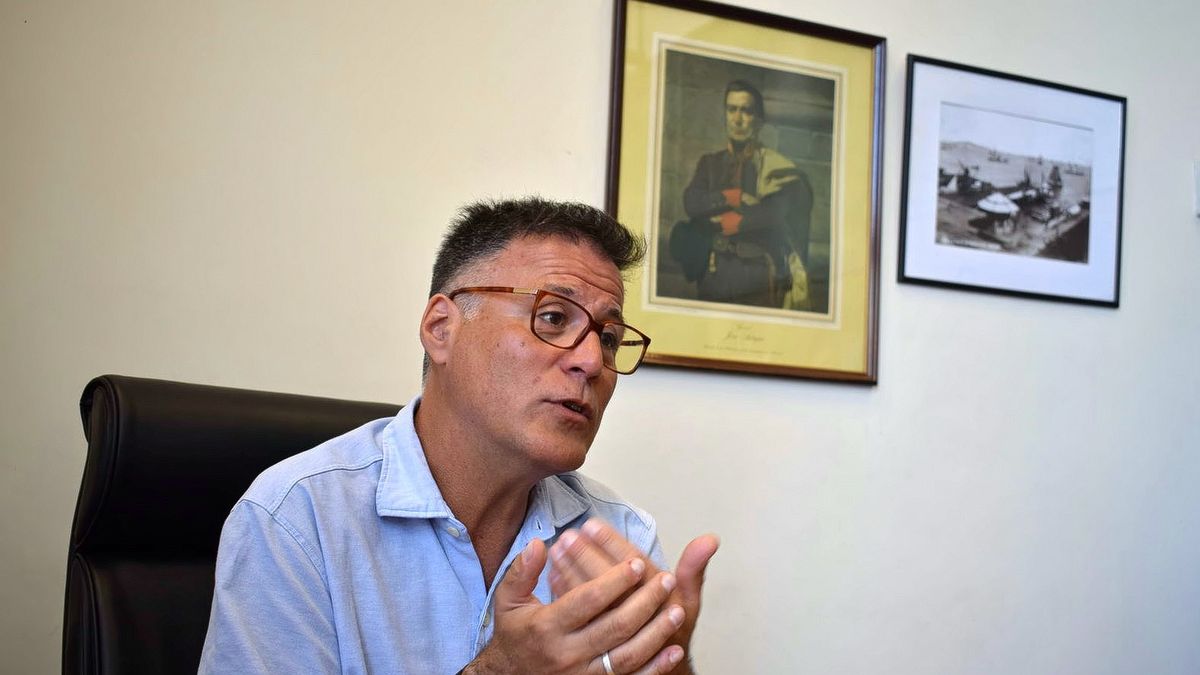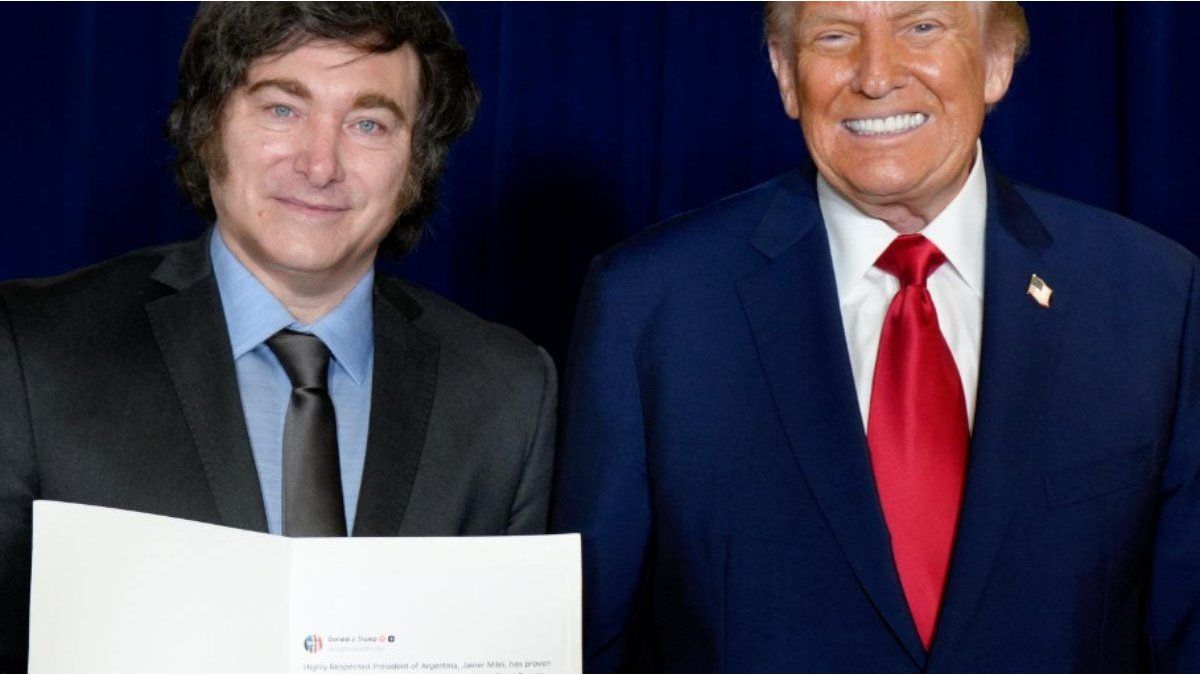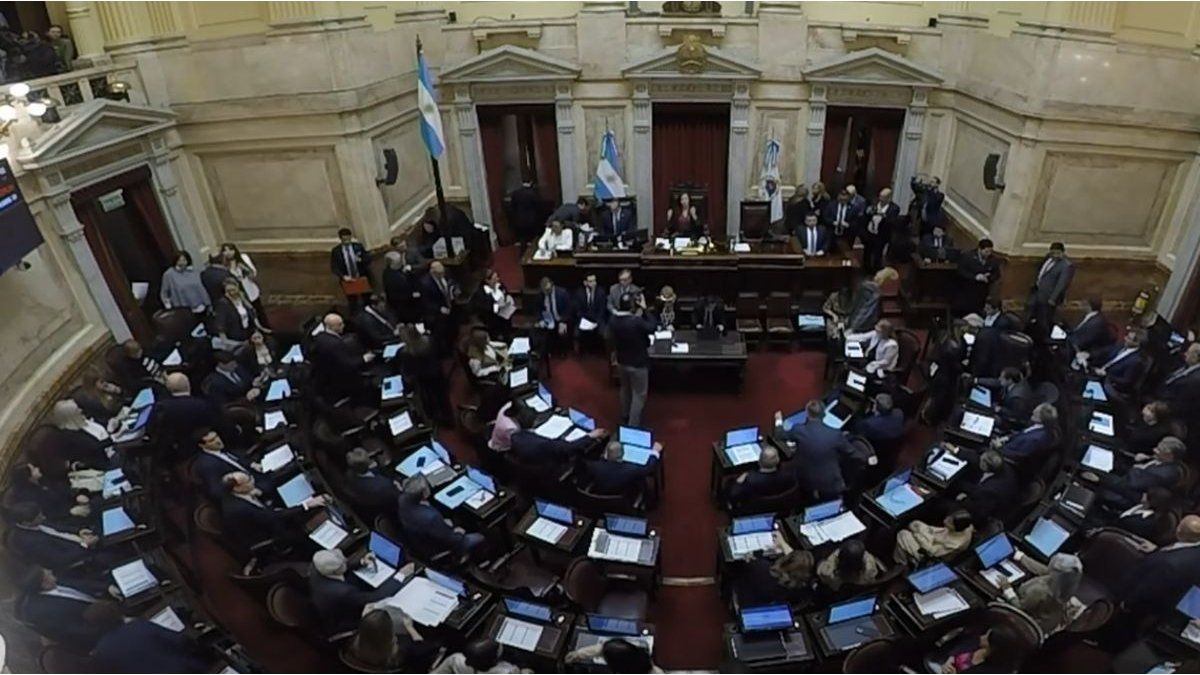– Why is the Broad Front opposed to the auction?
– There are several reasons, the first is the conditions of entry to the auction. It is supposed to be an open auction, but the conditions that are placed make it actually closed.
Conditions are placed that prevent the participation in this process of national companies that even having experience in telecommunications by not having a proper mobile telecommunications license, is left out. The participation of international companies is also prevented, to the extent that there are only two blocks of spectrum that are auctioned in the 3.5 GHz band.
There are three blocks, one block is reserved for Antel and there are two other blocks that, in reality, will only be auctioned between the two companies that already have a license, which are the multinational of Mexican origin Clear and the multinational of Spanish origin Telefonica-Movistar. Ultimately, it creates a fake auction. It is an auction that is not such because there are only two things to auction for only two companies that can participate and everything is done in such a way as to exclude the incorporation of third parties.
– The price is another questioned point from various sectors.
– We understand that the value of the 100 MHz block in the 3.5 GHz auctions, which is what is being auctioned, should be very closer to 50 million dollars than the 28 million dollars determined by the Executive Branch as the base price.
The last auctions carried out on the continent, in Chili, Brazil and in Dominican Republic endorse that price and the only other country where a different criterion was adopted than Brazil was set as a requirement for the payment of 8 million dollars in cash and then investment commitments, but Brazil is a country that has great difficulties in investing in telecommunications and a lot of infrastructure is lacking. On the other hand, Uruguay is a country where you currently have, according to the telecommunications market report, above the 95% territorial coverage.
Finally, although everything else is serious enough, the renewal conditions that arise from the radio spectrum are practically at the sole discretion of the company that is operating as long as it has not committed irregularities in the use of its telecommunications license.
So, within 25 years, the companies that have been awarded these licenses will be able to say calmly, I want to use the spectrum and since there are decrees like the one that was carried out in relation to the renewal of the auctions carried out from the year 2002 of spectrum, surely the companies aspire to pay the same price for the same number of years and in the same technical conditions and surely our country within 25 years will enter into a difficult litigation in this regard.
– What is the political reading of this situation? Why does the government do it this way and not another?
– What is being done is to seek to comply with the requirements that are raised by some multinational companies. It does not seem to be the best interest for the State, for the Republic, for the development of telecommunications, for the use of the radioelectric spectrum, it does not seem the best for the state and public telecommunications company.
On the other hand, it does seem that it is a very good deal for multinational companies that get hold of the most coveted spectrum at the moment at a very reasonable price.
And they are not placed under any conditions for deployment or for their use nor are they required too much. On the other hand, new players are not incorporated and it would then seem that, as I was saying, It acts contemplating the benefit of large multinational companies and not of the others interested in that this is done in the best way.
– What would a competitive auction be like for the Broad Front then?
– One of the things that must be done in this band of the spectrum is to regularize its situation. We have two blocks of the radio spectrum in the center of the band, the block that goes from 3.4 to 3.5 MHz and the one that goes up to 3.6 MHz that are being used for a service other than mobile telecommunications.
The first thing that should be done then to the operator that is using these bands, give them the licenses to operate in mobile telecommunications. On the other hand, those blocks that the operator has assigned should also be placed under auction conditions and just as this operator can participate in the auction, others could participate. It would be necessary to guarantee for Antel at least half of the spectrum because it has half the users.
Although it seems very fair to say there are three companies, we give each one a third of the spectrum that we are going to auction, we have a company that has half of the services in this country or more than half of the services.
That company should have, I understand, half of the spectrum, then it would establish deployment conditions that guarantee that the radioelectric spectrum is used as required by the International Telecommunication Unionto provide as many services as possible using the latest technology.
In the conditions, I would put really demanding clauses that guarantee that the radioelectric spectrum that is auctioned has been used, and that it is also done by providing the 5G service.
I would remove this clause that allows practically automatic renewal and, lastly, although perhaps one of the most important things, I would generate a base price that is much closer to what is being considered in the environment of our continent.
“Number portability has been a failure”
– Regarding the other issue that is the number portability that is included in the LUC, considered strategic by the government, there has been a controversy in recent days about whether or not the measure favored Antel. What is your version about it?
– I can come to understand that the launch of a election campaign In advance, it can justify someone saying that this was beneficial to the state telecommunications company, but there is no way to sustain it. The first thing to say about number portability is that it has been a failure.
A mechanism that was installed from January 12, 2022 to March 31, 2023 has only had 86,459 active deportations. They are more the number of requests for deportation rejected by the company donating the number or by the administrator of the database.
This means that there are more rejections that users receive from companies because they say, ‘no sir, you have a current contract with me or you owe me a device or you have a debt with me’ and therefore you cannot port or from the database administrator who tells you ‘no sir, you cannot port your phone number because your phone number is not yours or it is not active at the moment’.
Of those 86,459 deportations the company that lost more subscribers is Antel with 33,424 assigned numbers. It is followed by Movistar with 32,041 and finally Claro with 21,218
Now, you could tell me that it is logical that Antel lost a lot because it is the largest company, but surely it also gained a lot. Yes, of course: it gained 33,250 subscribers. Practically, he evens what he lost. Claro earned 25,204 and Movistar 28,229, that is, Claro is the company that had less movement, but that obtained the highest positive balance. The assessment is that number portability ends up being negative.
But in addition, throughout this year millions of dollars have been spent on advertising, on advertising production with important figures and on spaces in the media of all types, calibers and sizes. Promotions and plans have been made at losses for the state and public company just to avoid losing subscribers or to try to win some over there. So it’s a very bad deal.
In addition, the investment decreases to the point almost of the outburst, according to the data that Antel itself gives us. The number of base stations installed in the last year is 27 against 117 from the Claro company. The number of kilometers of fiber optics installed this year was 96 km. The previous year, 2021, there were 186. In 2020 there were 182 km.
– Do you think there is any intention in this then?
I believe that the intentions that are determined are, as we have always said, to seek mechanisms to facilitate the growth of the public company’s competitors. Number portability is presented as a right, it is very nice and it is the same thing that is done with the pants that tell you that it makes you look prettier or with the cola drink that everything is better.
From the point of view of the advertising message, very nice. The truth is that number portability is a mechanism to open markets and allowing small operators to compete for space with large operators because the corral effect is eliminated that prevents users from a large company from switching to a small company so as not to lose their number. Obviously the measures that are taken are not in the interest of the public, they are clearly based on Antel’s competitors.
Source: Ambito




